At What Age Should Patients Consider Injectables?
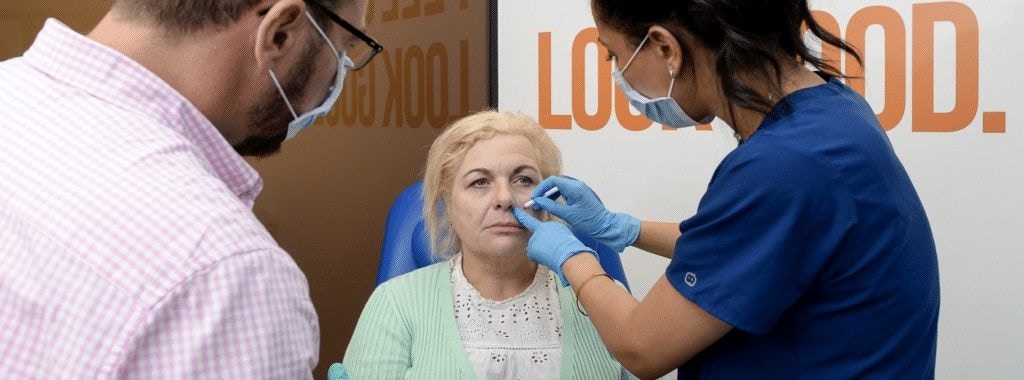
As of today, Friday 1 October 2021, cosmetic injectables such as botox and dermal filler have been banned in England for under 18s.
This is a hugely important step in the regulation of the UK aesthetic medicine industry. It represents an ethical shift that is hopefully a positive sign for further steps to come. Further regulatory changes, relating to the APPG report recommendations, are expected in Spring 2022.
As medical aesthetics practitioners set out their minimum age standards, we explore the frequently asked question, “at what age should patients consider injectables?”
We spoke to Dr Emily MacGregor – medical director at Harley Academy and co-founder of STORY clinics – and Dr Kalpna Pindolia – director of education at Harley Academy, aesthetics expert and filler specialist at STORY Marylebone – to find out more.
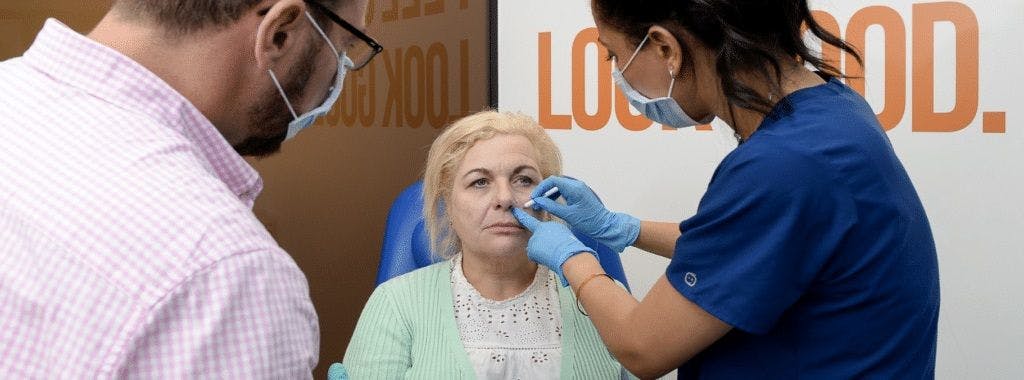
Which age group generally sees the most benefit from injectables?
Dr Emily: “I’d say ages 35-55. At this age there will be the most impact, as ageing changes are evident, with a manageable amount of treatment. For patients over 55 more treatments may be required or surgical options considered to get best results.”
Dr Kal: “For ageing-related change, I’d say late 20s-30s. After a certain point, perhaps late 50s-60s – a holistic approach becomes very important with ageing in all layers. More invasive treatments, like surgery, may be more cost effective depending on the goals of the patient.
“Toxin becomes a less satisfactory treatment in older patients if their skin quality has markedly deteriorated, for instance managing increasingly static lines.
“It also depends on the definition of benefit – is the aim subtle tweakments? These may need more product with age. Or more radical change? In this case, surgery may be a better option.”
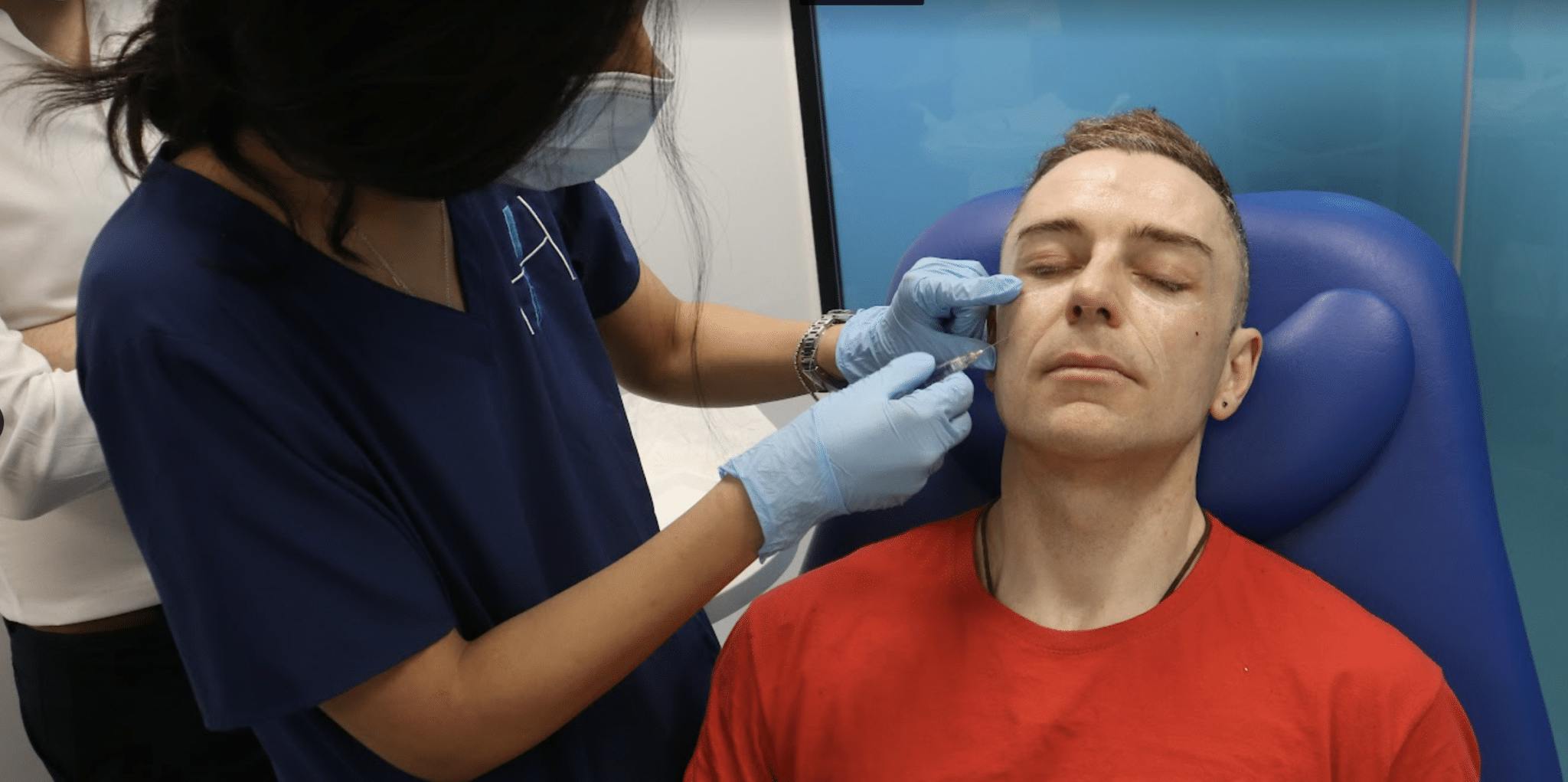
What specific considerations need to be given when treating people in their 20s-30s versus 40s-50s and 60+?
Dr Emily: “Skincare at every age!
“Patients in their 20s-30s often have beautification treatments, as opposed to ageing treatments, so the practitioner needs to carefully determine whether the aesthetic change is right for the individual and the emotional impact that it will have on them. Changing your features to look different – rather than younger – can be quite impactful, either in a positive or negative way, and so care is needed.
“For patients in their 40s-50s, treatments that support the ageing process are recommended over beautification. A combination of skin rejuvenation and tightening using devices with injectable treatments that replace lost volume, are the best approach.
“When it comes to the 60+ age group, injectables have their limitations so careful counselling should be given before proceeding. Skin treatments may need to be performed first to get an acceptable result from injectable treatments. Exploring surgical options, if the patient is happy to, may be needed.”
Dr Kal: “Basic principles will always apply – deep treatments first, then superficial – with skin quality being addressed throughout.
“Older patients may have more comorbidity to consider and can bruise easier plus heal more slowly. Their expectations and requests are usually different from younger groups – for instance, there will be specific areas of concern, like perioral lines, or persistent frown lines.
“They may not want to have lip treatment for fear of looking fake, or want lip beautification treatment for thinning lips, but it may look out of place if the rest of the face scaffold or skin needs support.
“Considering anatomical change: arteries may take up more diameter when fat is atrophied with age, making them more vulnerable to injury or occlusion.
“The older the patient, the more likely a panfacial, holistic, combined approach will be required to manage all layers of ageing.”
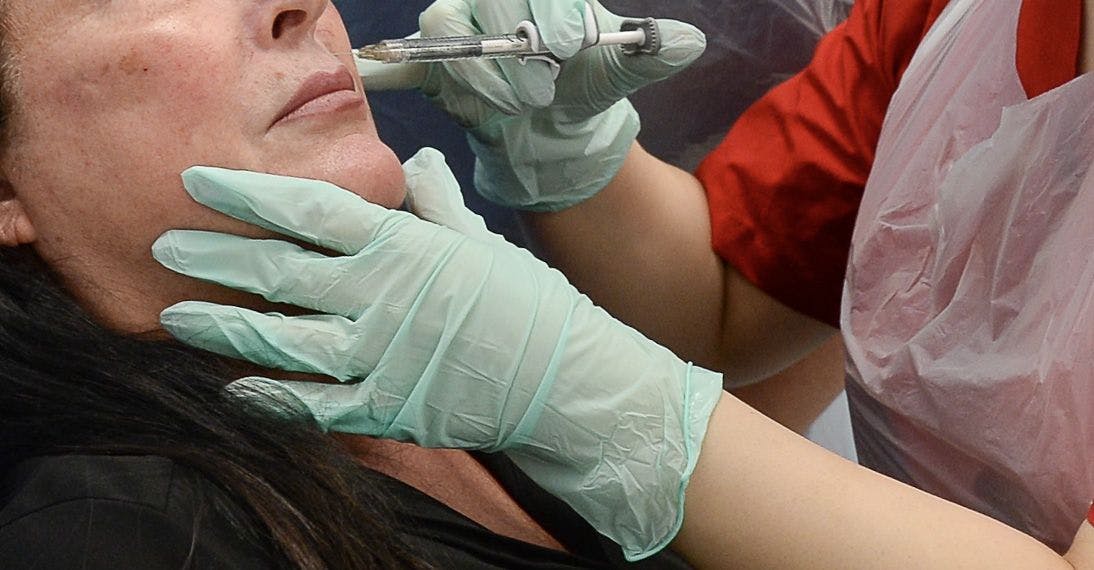
What age do you believe is the best age to start injectable treatments?
Dr Emily: “Mid 30’s, both for prevention and maintenance of early ageing changes. Generally speaking, those aged 30+ do seem to have a more relaxed and mature view on the impact that appearance changes can have on their life and wellbeing and are less likely to follow beauty trends than those in their 20s.”
Dr Kal: “I don’t believe there is a ‘best age’ – more important than age, is when the individual is ready. There is no hard set rule as every face is unique.
“Starting injectable treatments is also the start of patient education to prevent further age-related changes with holistic care. This includes paying attention to skin products and treatments as well as injectables.
“Late 20s and 30s is usually the age where injectables may be considered as the ageing process causes more perceivable topographic change.
“Sets of younger patients may request ‘beautification’ treatments at any age, I would suggest this is where assessing drivers for treatments and informed consent with shared decision making is very important. With the variety of treatment providers out there, setting the age limit at 18 is a firm step in the process of improving patient safety – my personal threshold and that of The Academy Clinic, is over 21.”
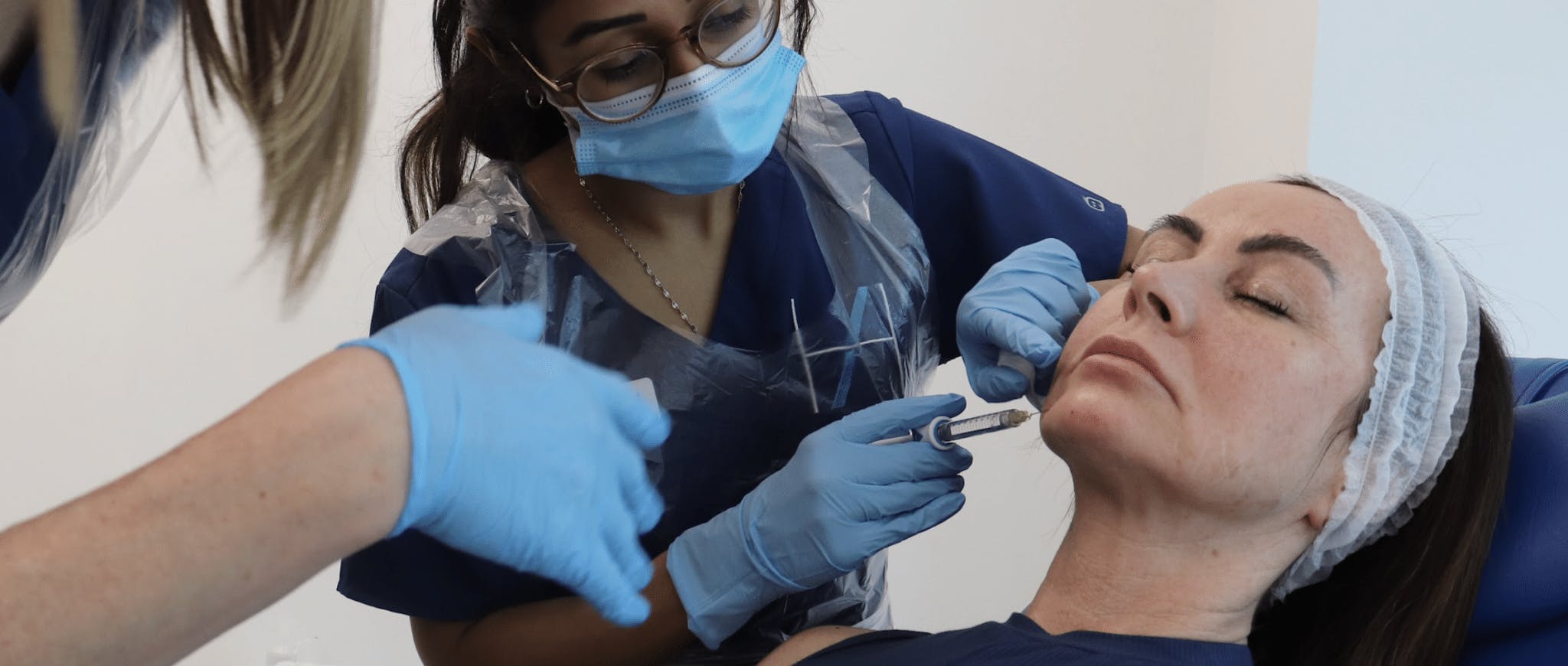
Facial ageing, anatomy and the ethics of injectables
Facial ageing, anatomy and the ethics of aesthetic medicine play a large role in our flagship qualification, the industry-leading Level 7 Diploma in Botox and Dermal Fillers.
You’ll gain a thorough understanding of age-related facial changes, the concerns these cause for patients and how to address them safely and effectively. This involves in-depth eLearning, product knowledge and selection as well as essential injecting techniques learned in hands-on mentoring sessions.
For more information about the Level 7 Diploma and whether it’s the right choice for you, download our prospectus or book a call with our head of student recruitment, Deneal Basi.
As the UK moves towards a more regulated aesthetics industry, the Level 7 is a surefire way to futureproof your career in aesthetics, whilst demonstrating your credentials as a safe, ethical and highly effective injector to potential patients.
All information correct at the time of publication
Download our full prospectus
Browse all our injectables, dermal fillers and cosmetic dermatology courses in one document
By submitting this form, you agree to receive marketing about our products, events, promotions and exclusive content. Consent is not a condition of purchase, and no purchase is necessary. Message frequency varies. View our Privacy Policy and Terms & Conditions
Attend our FREE open evening
If you're not sure which course is right for you, let us help
Join us online or in-person at our free open evening to learn more
Our Partners













STAY INFORMED
Sign up to receive industry news, careers advice, special offers and information on Harley Academy courses and services

